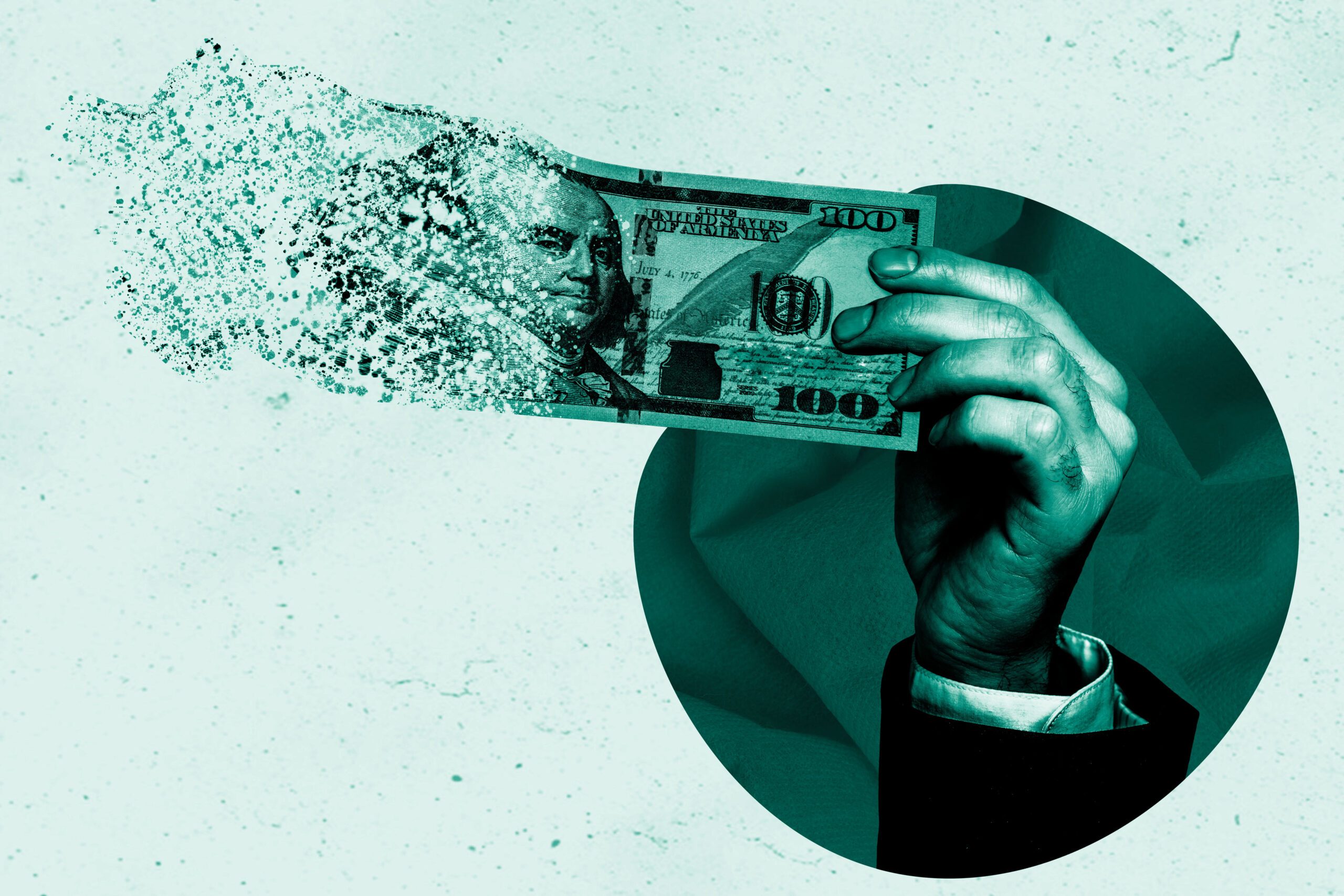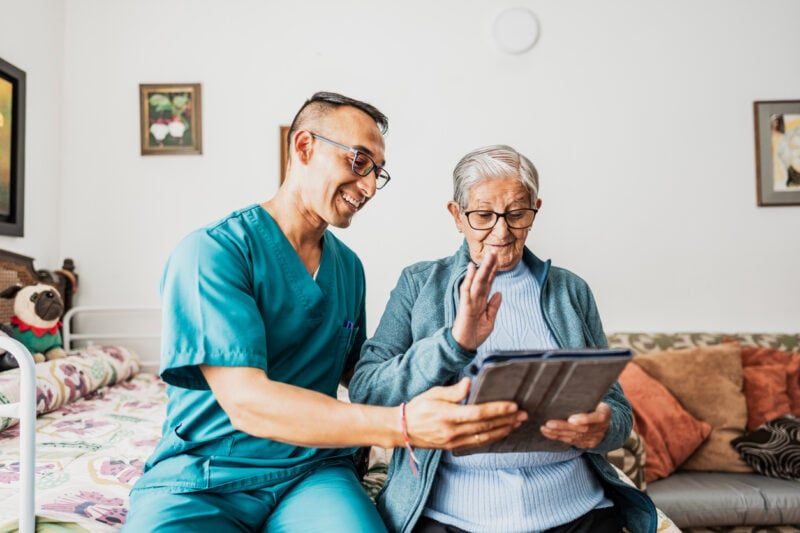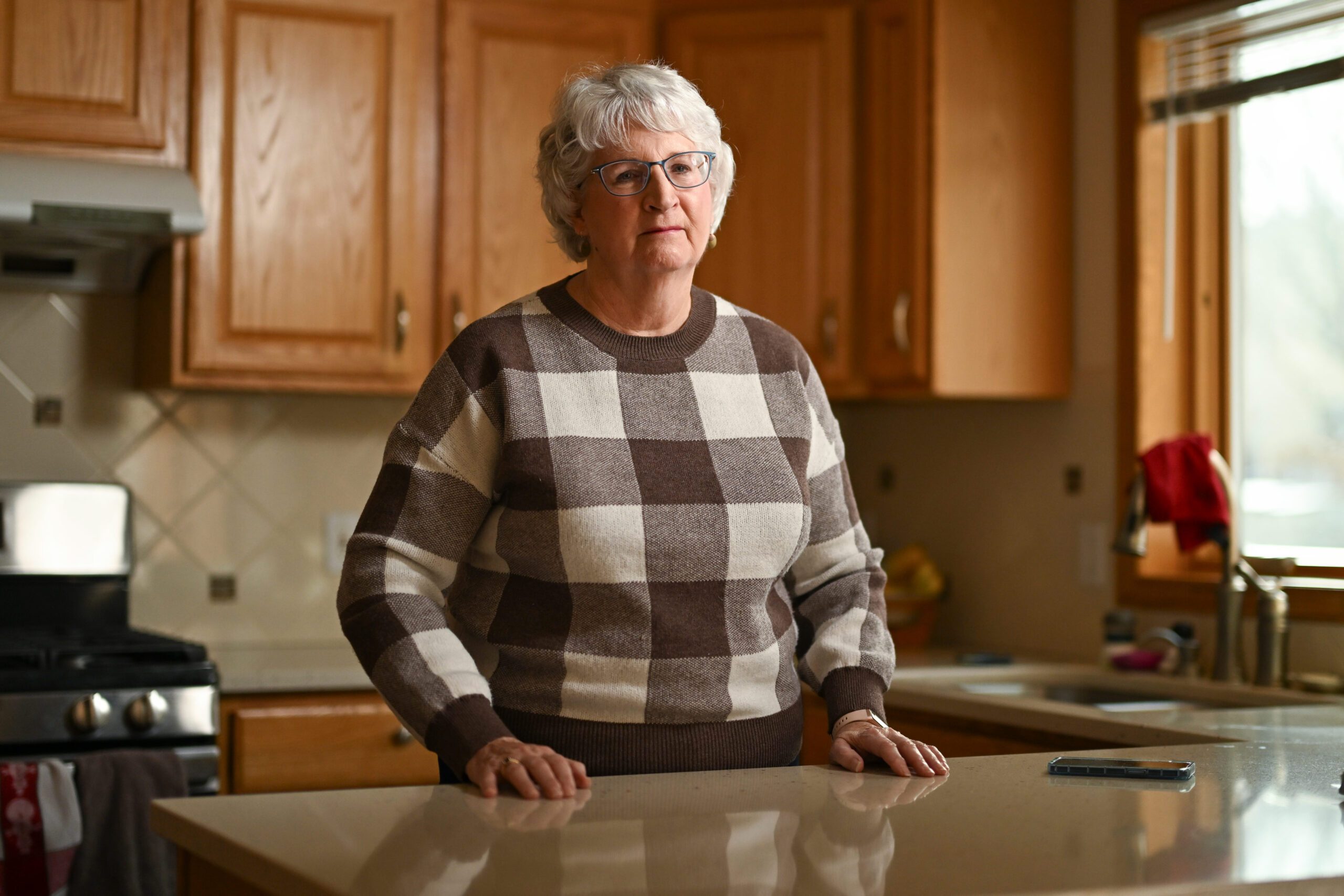
Urinary Tract Infection Signs
Lower back pain is a common issue for many people, often caused by poor posture, long hours of sitting, or muscle strain. However, sometimes lower back pain can be a sign of something more serious—like a kidney infection. Knowing how to distinguish between regular back pain and signs of kidney infection is crucial for timely treatment and preventing complications.
Why Kidney Infections Cause Lower Back Pain
Your kidneys are located on either side of your spine, just below the ribcage. When they become infected, inflamed, or blocked, the pain can radiate to the lower back. Unlike muscle-related discomfort, this type of pain often feels deeper, sharper, and is usually accompanied by other symptoms.
Common Signs of Kidney Infection

If your lower back pain is linked to kidney problems, you may also experience:
-
Persistent or sharp pain in the back or side (flank pain)
-
Pain or burning sensation while urinating
-
Frequent or urgent need to urinate
-
Cloudy, dark, or foul-smelling urine
-
Fever, chills, or night sweats
-
Nausea and vomiting
-
Fatigue and general weakness
If you notice these symptoms along with lower back pain, it may indicate a urinary tract infection (UTI) that has spread to the kidneys.
Risk Factors to Watch For

Kidney infections can affect anyone, but you may be at higher risk if you:
-
Experience recurrent urinary tract infections (UTIs)
-
Have kidney stones
-
Are pregnant
-
Have diabetes or a weakened immune system
-
Suffer from urinary tract blockages
When to See a Doctor

Unlike typical back pain that may improve with stretching, rest, or ergonomic support, kidney-related pain needs immediate medical attention. Seek urgent care if your pain is accompanied by:
-
High fever
-
Blood in urine
-
Severe nausea or vomiting
-
Intense flank pain
Delaying treatment for a kidney infection can lead to serious complications, including kidney damage or sepsis.
Preventing Kidney Infections
While not all infections can be avoided, you can lower your risk by:
-
Staying well hydrated (water helps flush bacteria from the urinary tract)
-
Practicing good bathroom hygiene
-
Emptying your bladder regularly (especially after sex)
-
Eating a diet rich in antioxidants and reducing processed foods
-
Managing conditions like diabetes with proper care
Final Thoughts
While lower back pain is often linked to posture or lifestyle habits, it’s important to know when it may be a sign of kidney infection. If you’re experiencing back pain along with urinary symptoms, fever, or fatigue, don’t ignore it—seek medical advice right away. Early detection and treatment can make a huge difference in protecting your kidney health.
Disclaimer: This story is auto-aggregated by a computer program and has not been created or edited by healthlydays.
Publisher: Source link











